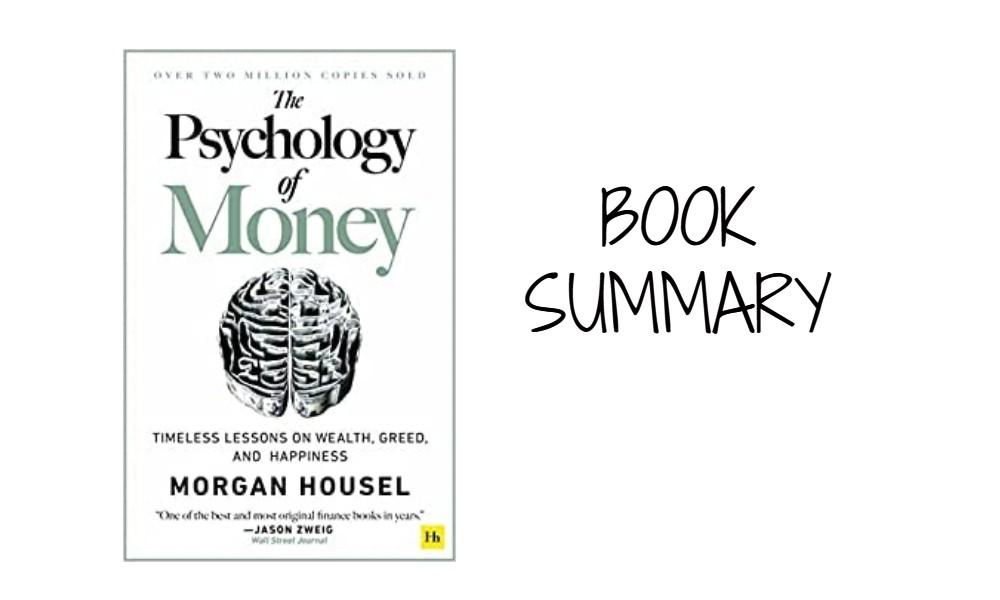
"The Psychology of Money: Timeless lessons on wealth, greed, and happiness" is a book written by Morgan Housel, a former partner at the Collaborative Fund and a well-known financial writer. In the book, Housel explores the complex and often emotional relationship that people have with money, and how it can impact their lives and decisions.
Some of the key themes of the book include:
Overall, "The Psychology of Money" is a thought-provoking and insightful exploration of the complex relationship that people have with money and how it can impact our lives and decisions. It offers valuable insights and lessons on wealth, greed, and happiness.
Here are 21 lessons I took away from reading this book.

My goal is simple, protect what is important to you. I focus my energy on discovering your exposure to risk and building a comprehensive plan to protect you against those risk.